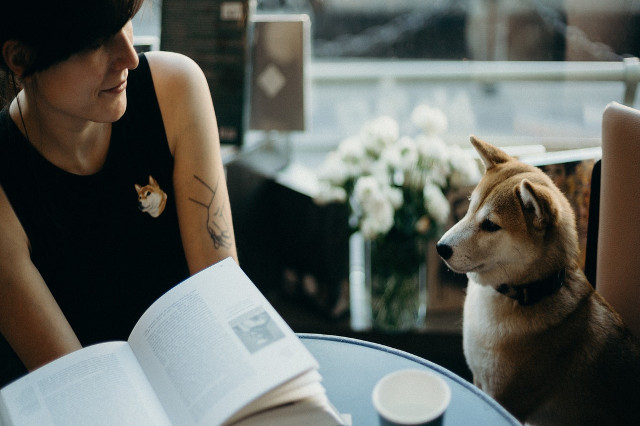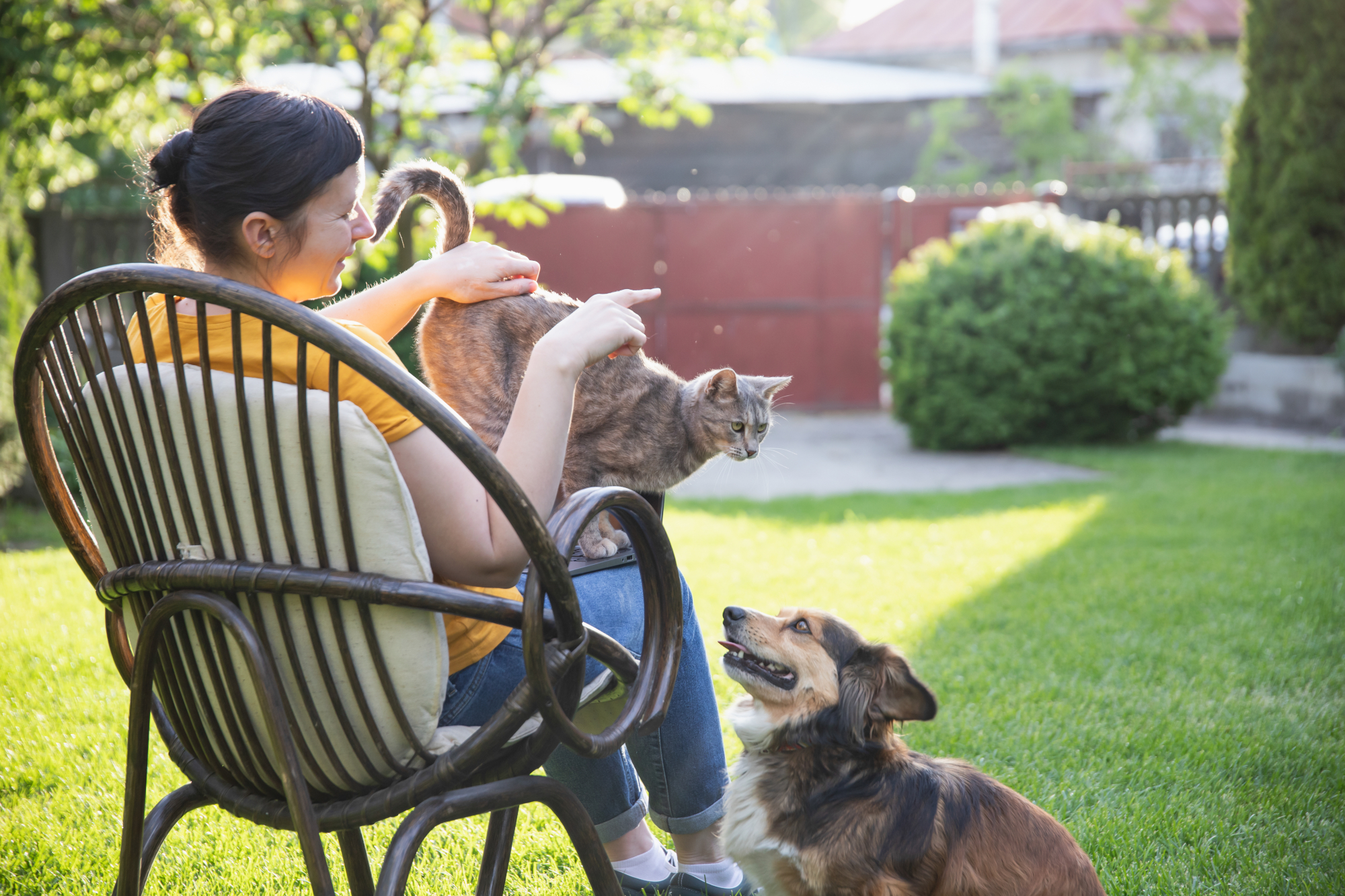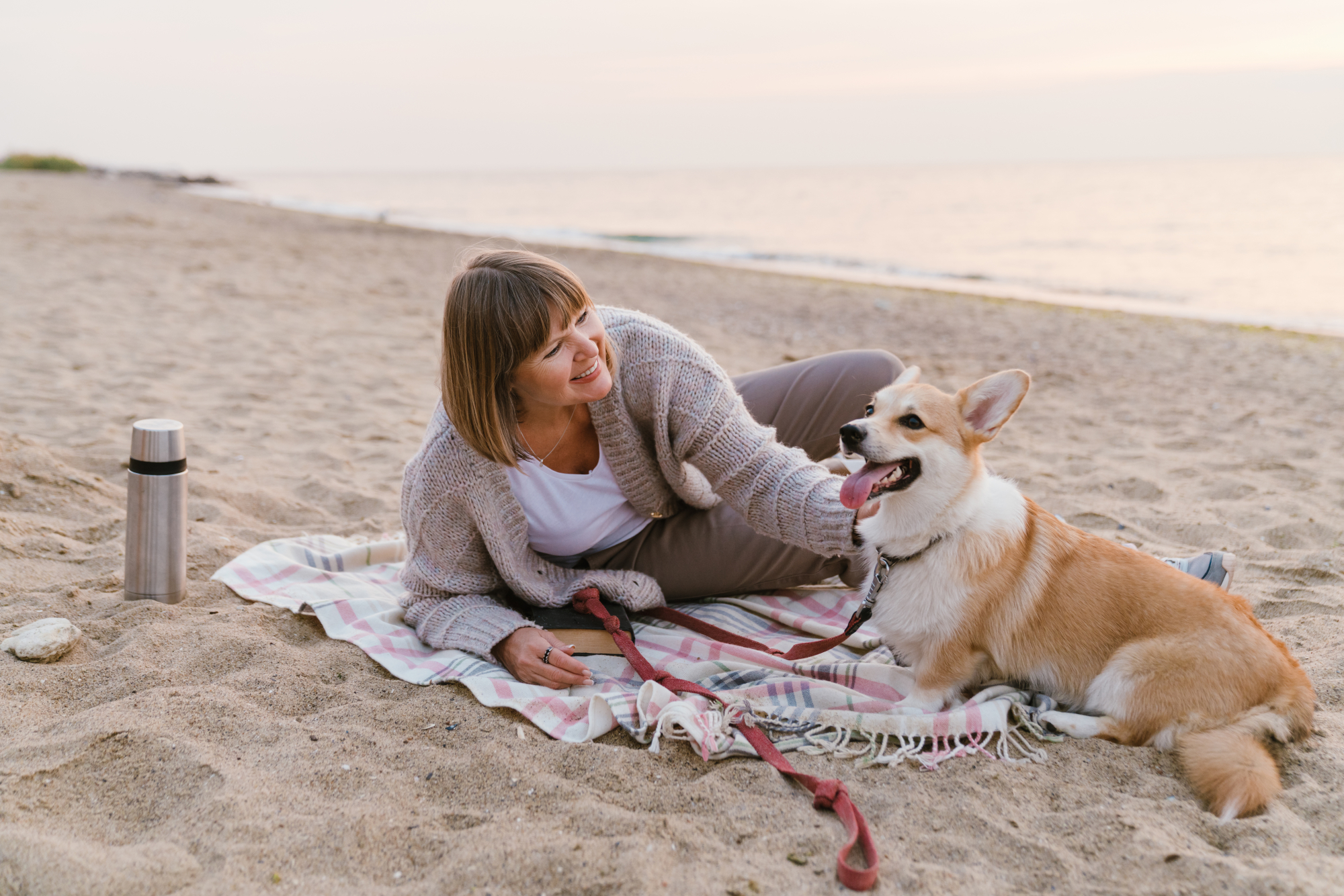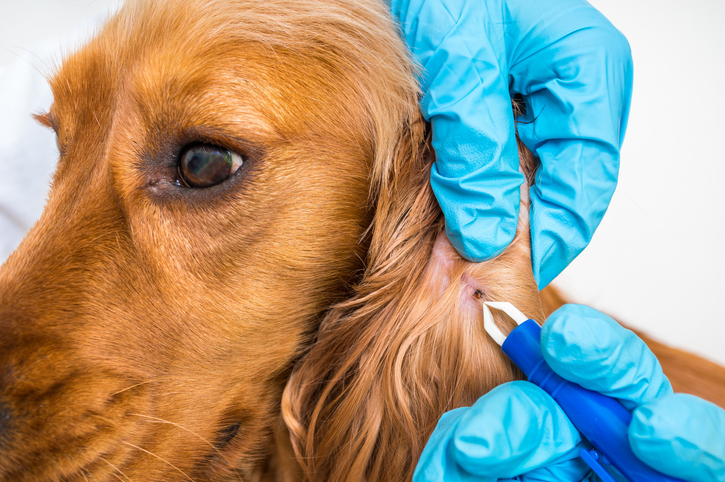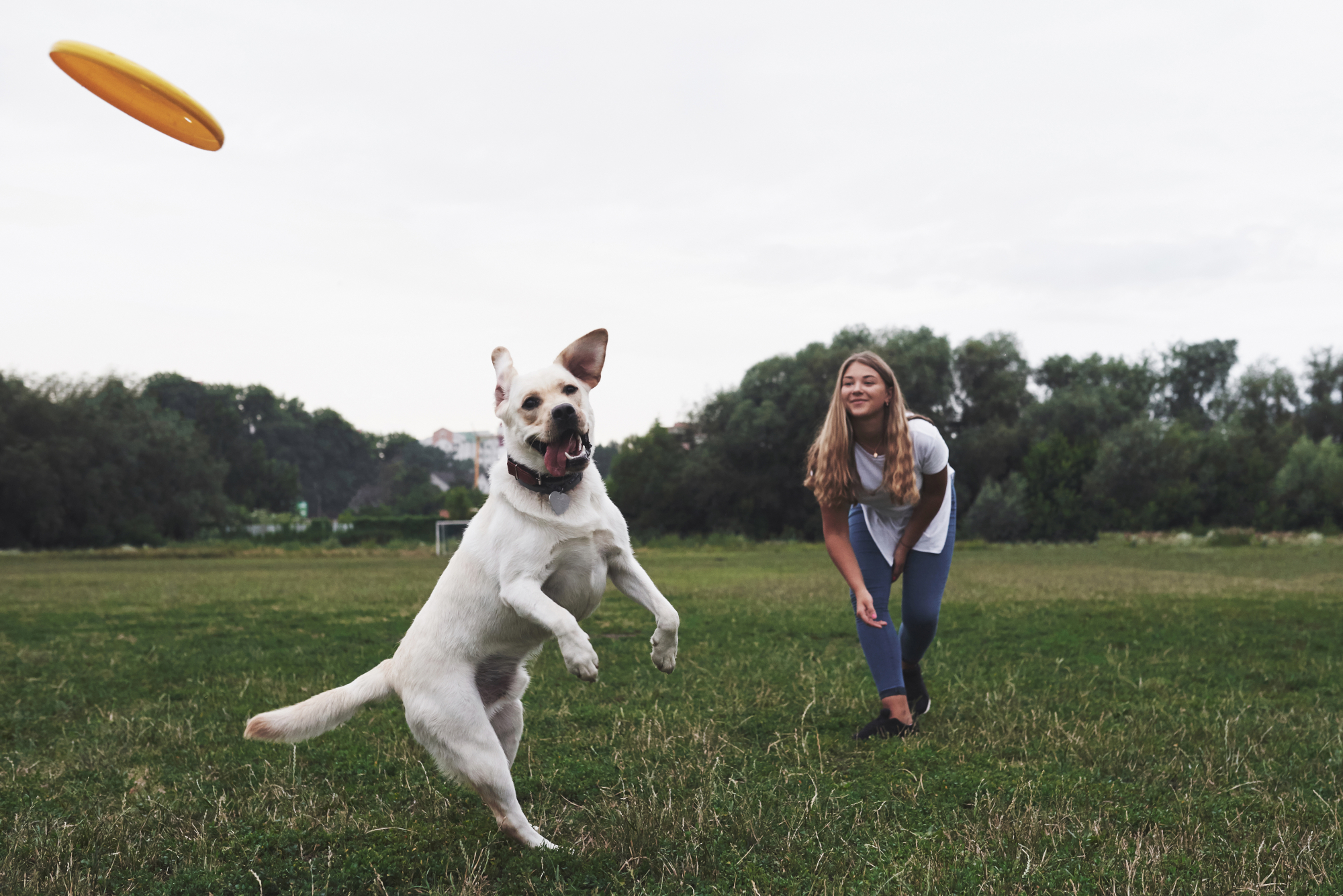Why must you resist your sweet dog’s pleading eyes as he or she begs for food at the dinner table? No matter how cute your pooch looks, it is important that you stay strong and resist the temptation. It’s not safe to feed table scraps to your furry friend and doing so can lead to a variety of health problems. It can also promote bad behaviours not only from your dog, but from people too.
Problems Stem from Feeding Your Dog Table Scraps
It is hard to resist feeding table scraps from the dinner table to your pooch, but the problems that can result put your pet’s health and life at risk. Consider the behavioural, social, and physical problems that you will be encouraging by this practice.
Behavioral and Social Problems
Behavior and social issues can result from providing food anywhere but in your dog’s own bowl and will introduce bad habits to your dog and also to you.
- Begging works – Are you training your pet or is your pooch training you? Your dog will learn very quickly that pleading eyes, sitting and staring at you, nudging, jumping up, running around, whining, crying, or barking will result in table scraps being offered by permissive human hands. Other times, food will drop from the table or during meal preparation or cleanup, and will be left for him or her to scoop up. Can’t anyone find the broom? It is so easy to let a doggie clean the floor, and it teaches your pet to hang around at meals and snack times.
- Constant meal disruptions – Once your dog knows that begging works, you will never again enjoy any peace when you are eating at the table, snacking anywhere, or whenever you are cooking.
- Difficulty re-training – If you accept begging behaviour at any point, it will be hard to reverse the practice. Not only will you be subjected to ongoing begging, but also all your guests will be, too!
- Refusing dog food – Your dog may learn to enjoy food for humans more than food for dogs and you could eventually have trouble getting your pooch to eat anything but food for humans. Picky eaters aren’t fun to have around, especially if you are about to enjoy a meal that is unsafe or toxic for your little pet. Try explaining that to your pooch.
- Guest problems – Guests may think your pet’s begging practices are so cute that they begin to slip food to your dog without your noticing and could inadvertently feed him or her something that is toxic and dangerous or simply food that causes a tummy ache or diarrhea. You and your dog will be left to deal with the consequences.
- Stealing food – Your dog may believe that because any table scraps and food dropped can be eaten, any food put on or left on the table, counters, or anywhere else is fair game. Your pet will simply take and eat whatever can be reached. Do you know exactly how far your dog can reach, standing on his or her hind legs with paws outstretched? Watch out!
Health Problems
Dinner table feeding can cause a variety of health problems and they don’t take long to develop.
- Dietary issues – Your dog could learn to love food for humans so much he or she could become dependant on it and refuse to eat dog food. Now you have to worry about feeding your dog a balanced diet from miscellaneous table scraps. Dog food suppliers make sure they are offering balanced diets for pets, but you would have to figure it all out for yourself. Does that sound like fun?
- Food intake calculations – If you allow a moderate amount of feeding from the dinner table, you have to factor in the amount of calories and food content that your dog is receiving and reduce the amount of dog food your pet receives.
- Weight problems – Remember, a dog will eat almost anything you put in front of him or her. If you miscalculate the amount of food your dog receives at the table and the amount of dog food you supply, your dog could become overweight. If your dog puts on undesirable extra pounds for his or her size, age, and breed, these kinds of problems could develop:
- Bone, joint, ligament problems, and mobility issues
- Heart disease and breathing problems
- Reduced liver function
- A shortened life
Danger, Danger!
If you decide to feed your dog table scraps knowing the dangers, set yourself and your family a few basic rules and stick to them. Make a list of what is permitted, what is undesirable, and what is forbidden, and see that your family and friends are on board. Offer only moderate amounts of food and make sure you adjust the servings of dog food and treats your pet receives accordingly.
Permitted: Offer only healthy food items such as cereals; steamed or cooked potatoes; rice; cooked eggs; cheese; peanut butter; cooked, chopped beef, chicken, or turkey (no bones!); some fruits like bananas, berries, and seedless watermelon; and vegetables, chopped, cooked, and unseasoned.
Undesirable: Do not offer junk food such as potato chips, fries, pizza, cake, cookies, or fried or oily foods.
Forbidden: Forbidden foods are those toxic to dogs, and include avocados, onions—and any food prepared with them—many common seasonings such as garlic and chives, alcohol of any kind, coffee, tea, energy drinks, chocolate and candy, bones, grapes, raisins, nuts, the pits of peaches and plums, and foods that contain artificial sweeteners, such as xylitol—usually junk foods and beverages.
Keep forbidden foods out of the reach of your pet. If your dog suddenly begins severe vomiting or diarrhea, or shows signs of coordination problems, lethargy, depression, shortness of breath, tremors, or seizures, do a quick investigation around your home to see if you can identify a food or beverage culprit. Call your dog’s veterinarian for advice or take your dog to an emergency hospital.
In general, you should not feed your dog from the dinner table or offer food designed for humans because many foods can be unsafe or poisonous to animals, and can cause a variety of health problems, as well as lead to bad behaviours. Keep your best friend safe!
Creative Commons Attribution: Permission is granted to repost this article in its entirety with credit to Hastings Veterinary Hospital and a clickable link back to this page.

